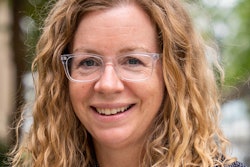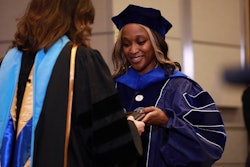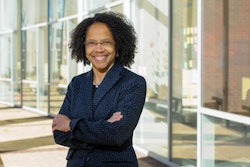 Dr. Ellesse-Roselee Akré, assistant professor of health policy and clinical practice at the Dartmouth Institute
Dr. Ellesse-Roselee Akré, assistant professor of health policy and clinical practice at the Dartmouth Institute
In the first year of her Ph.D program, she worked with researchers who were studying why people making 300-400% of the federal poverty level were not signing up for Obamacare.
“They were just befuddled about why people wouldn't use this resource that was available to them,” she said.
Akré raised her hand and described some of the decisions that people in that position have to make—like whether to pay for insurance or whether to pay for gasoline or a cell phone bill.
“Everyone just kind of looked at me like, huh,” said Akré. “And it was like, oh, you've never been the working poor.”
Akré, now an assistant professor of health policy and clinical practice at the Dartmouth Institute whose work focuses on how structural inequities effect access to health care for vulnerable populations, is the first recipient of Dartmouth’s new E.E. Just Faculty Fellowship. Named for a pioneering African American cell biologist and Dartmouth valedictorian, the program aims to recruit and support scholars devoted to increasing diversity in STEM fields. The program, which will eventually expand to include six scholars, will give fellows financial support for their research and teaching, as well as mentoring, networking, and community over a six-year term.
It's a new attempt to tackle an old problem: the paucity of minorities in STEM departments. According to the Association of Public and Land-grant Universities, only 10.1% of STEM faculty are from minoritized backgrounds. This, despite the fact that under-represented minority students earn over 20% of STEM bachelor’s degrees, according to National Science Foundation data.




















